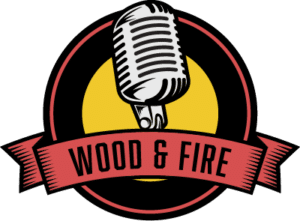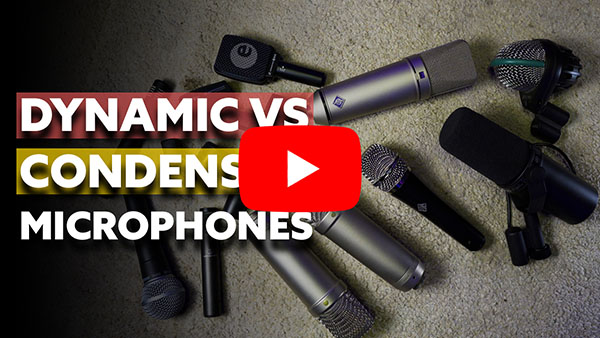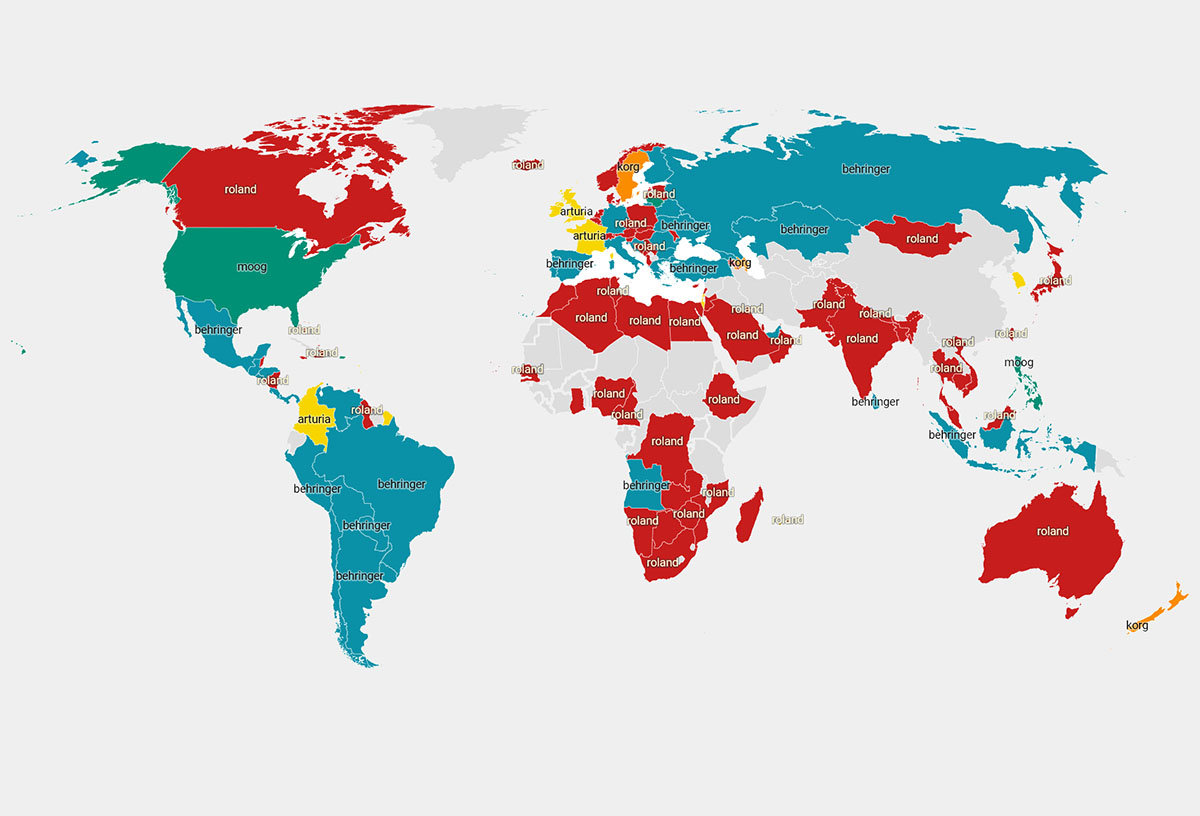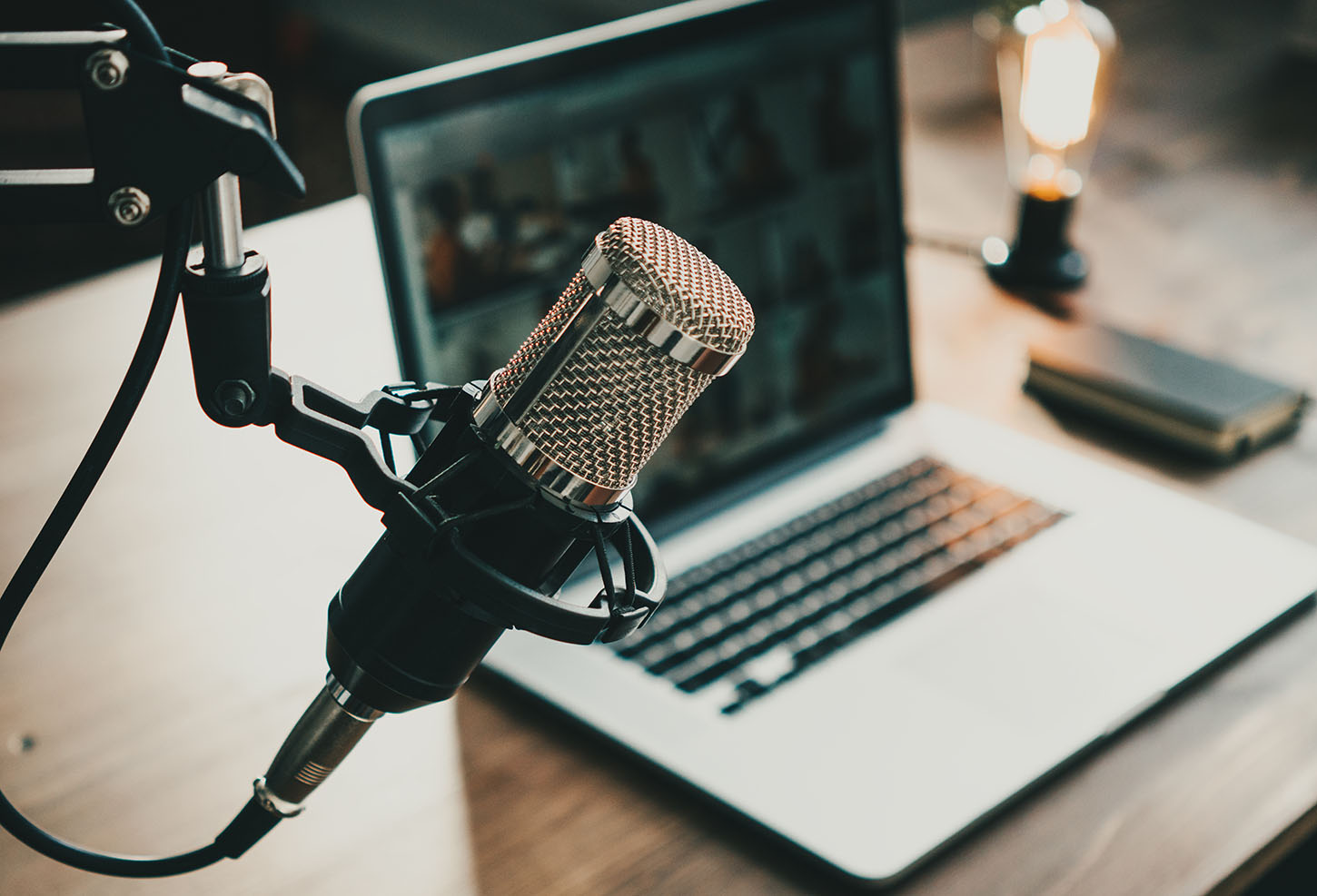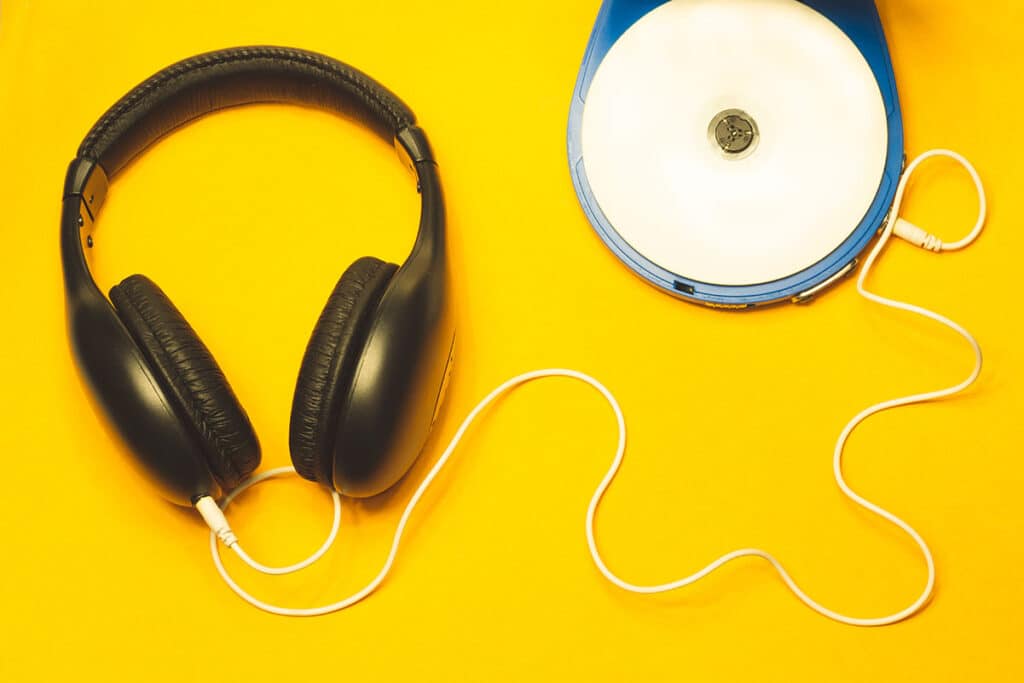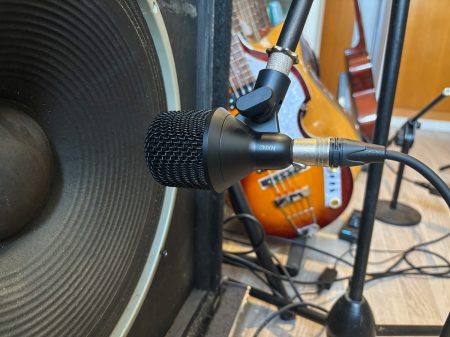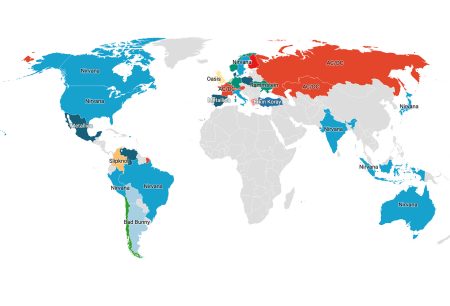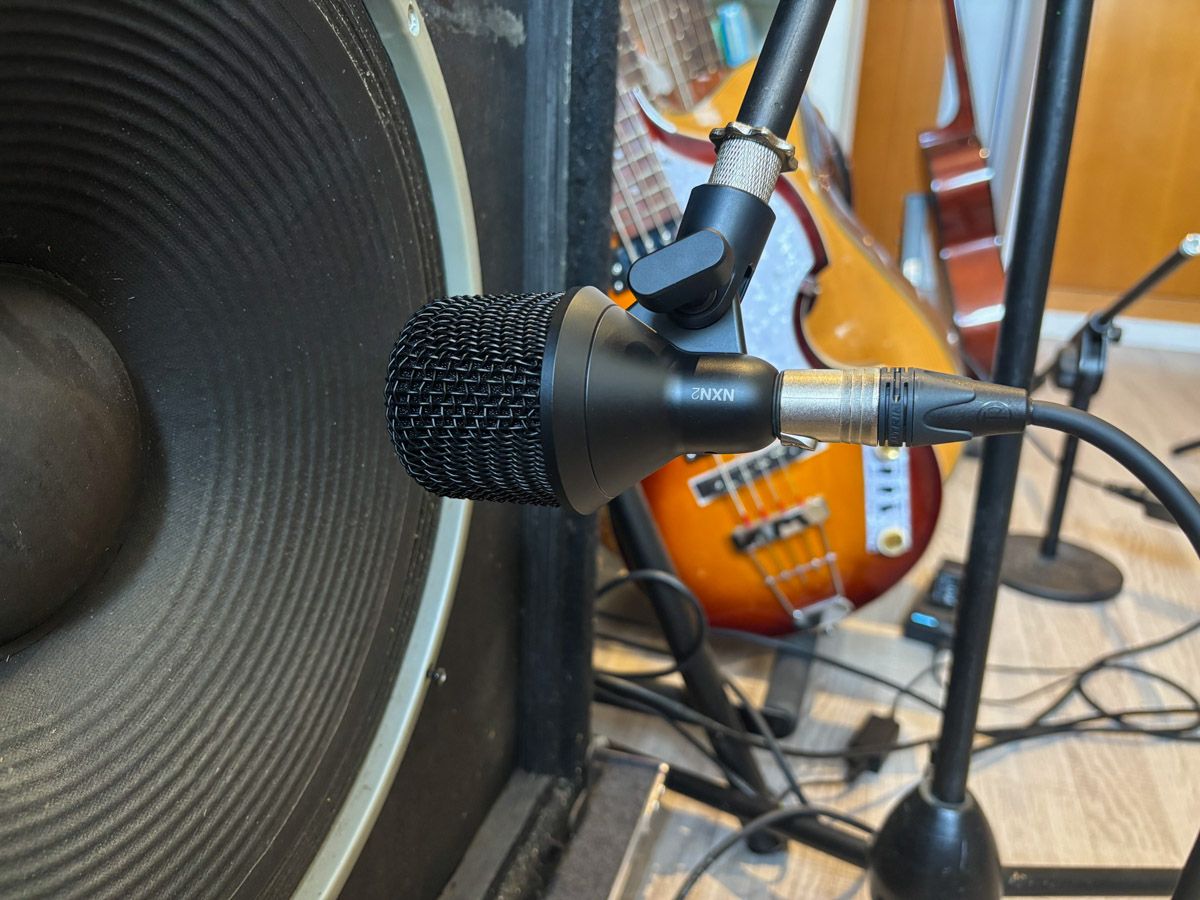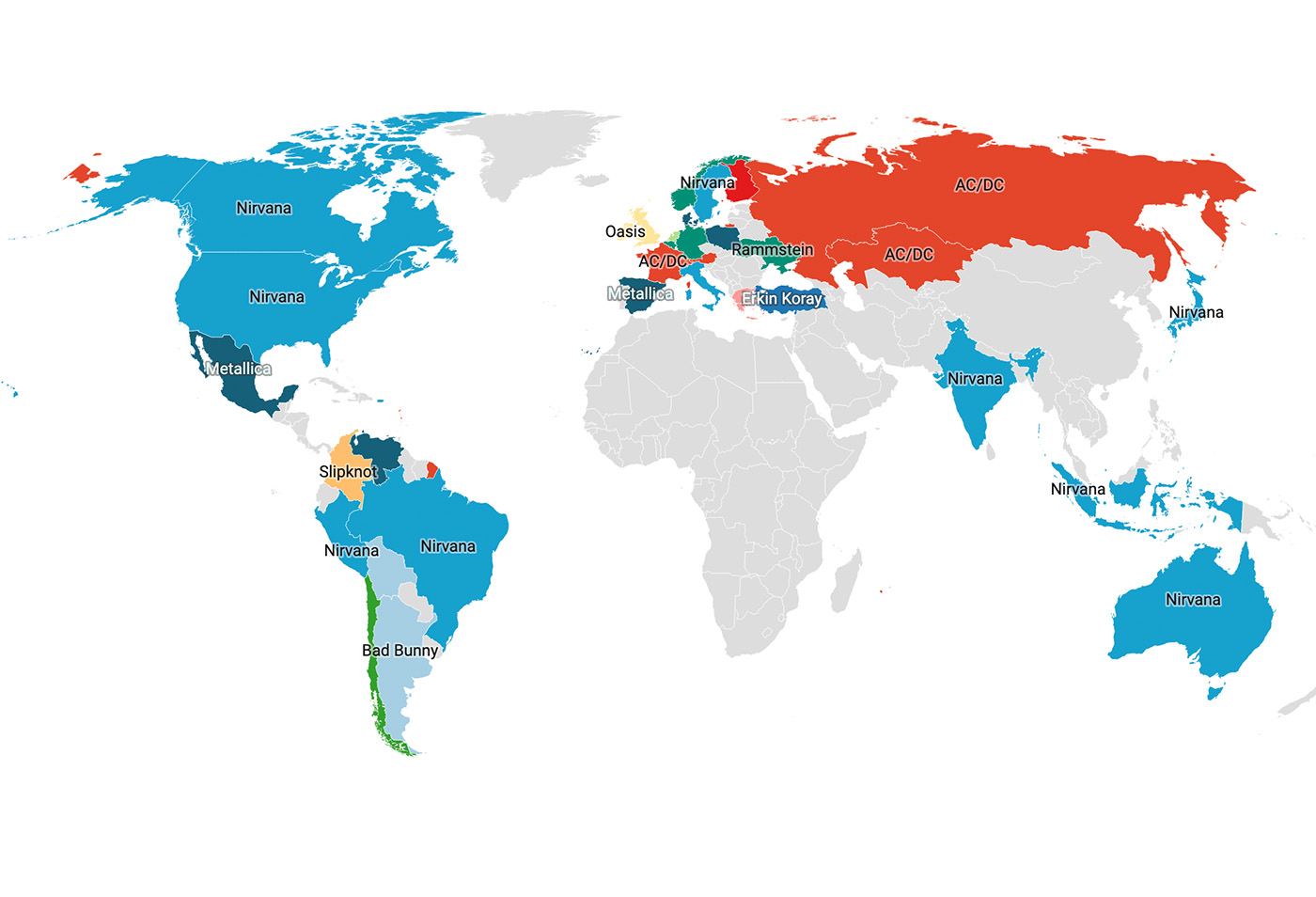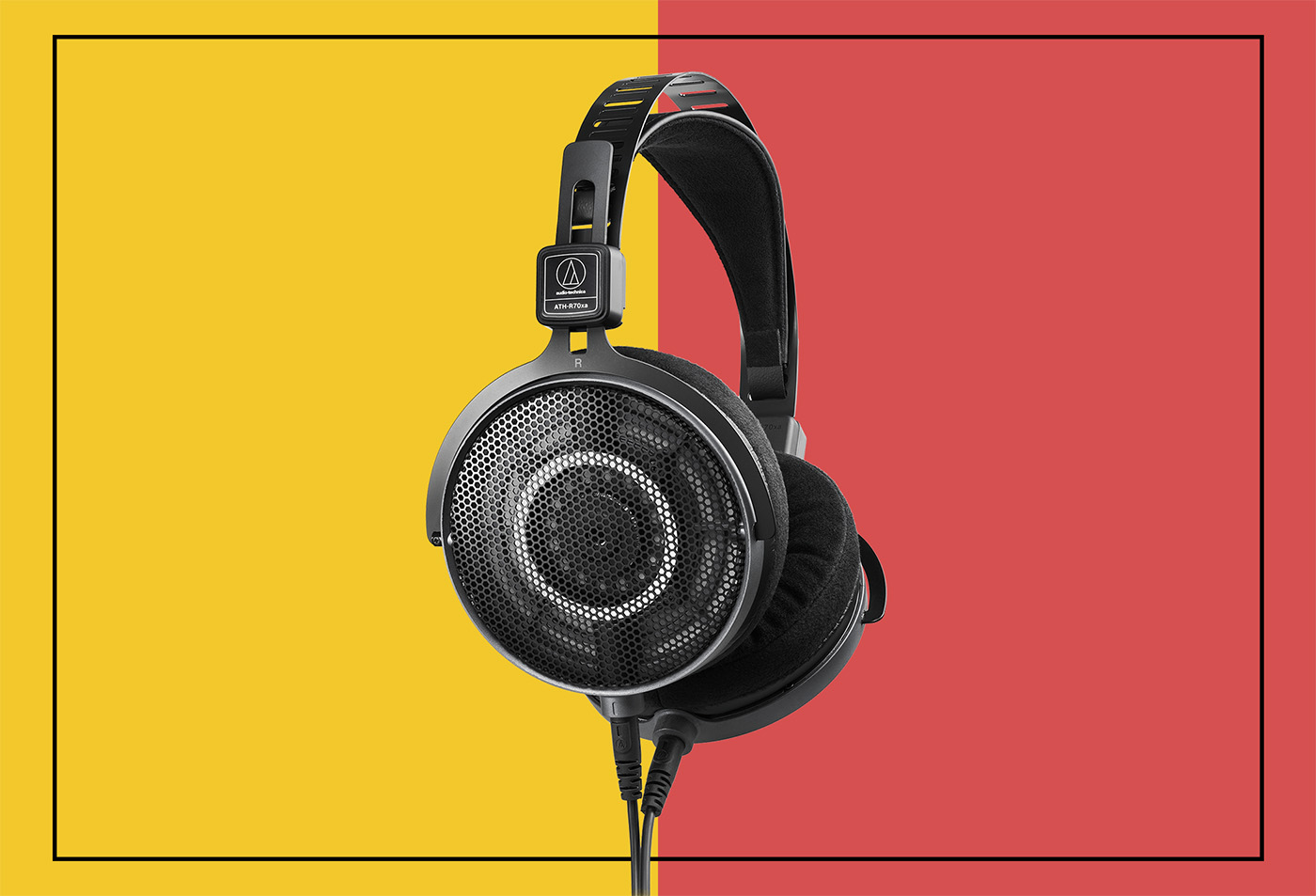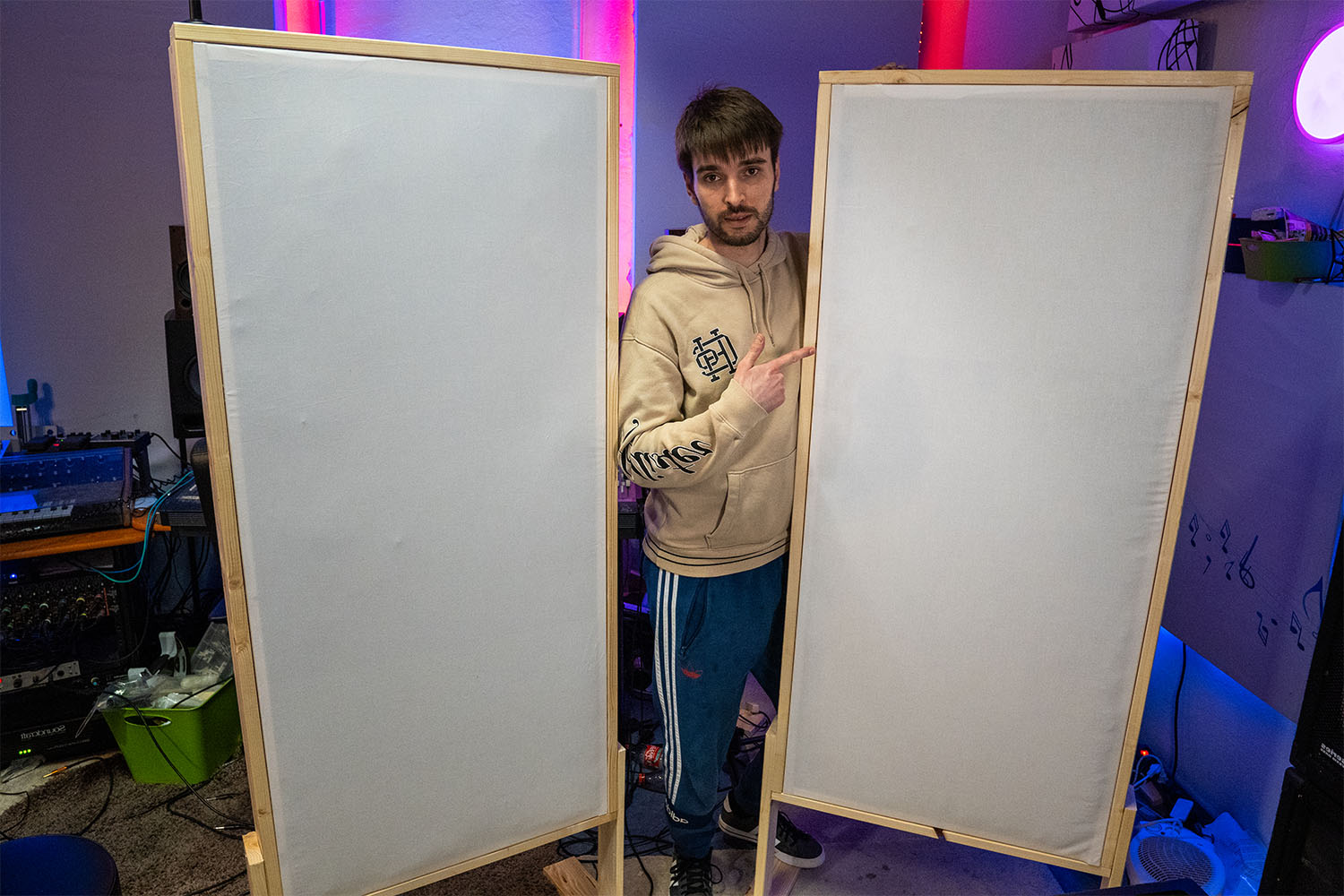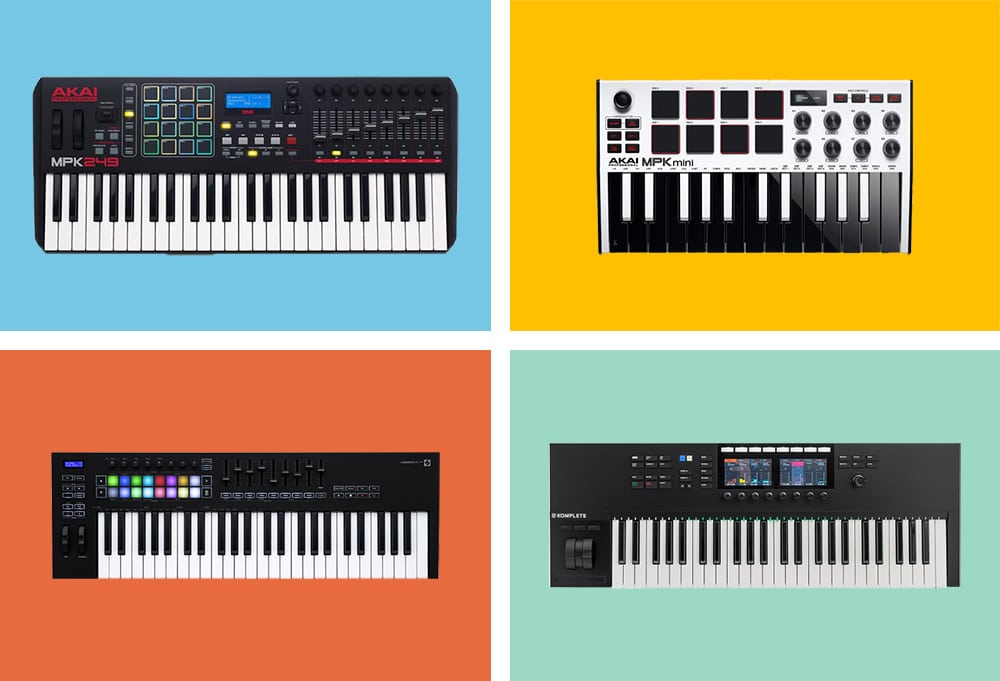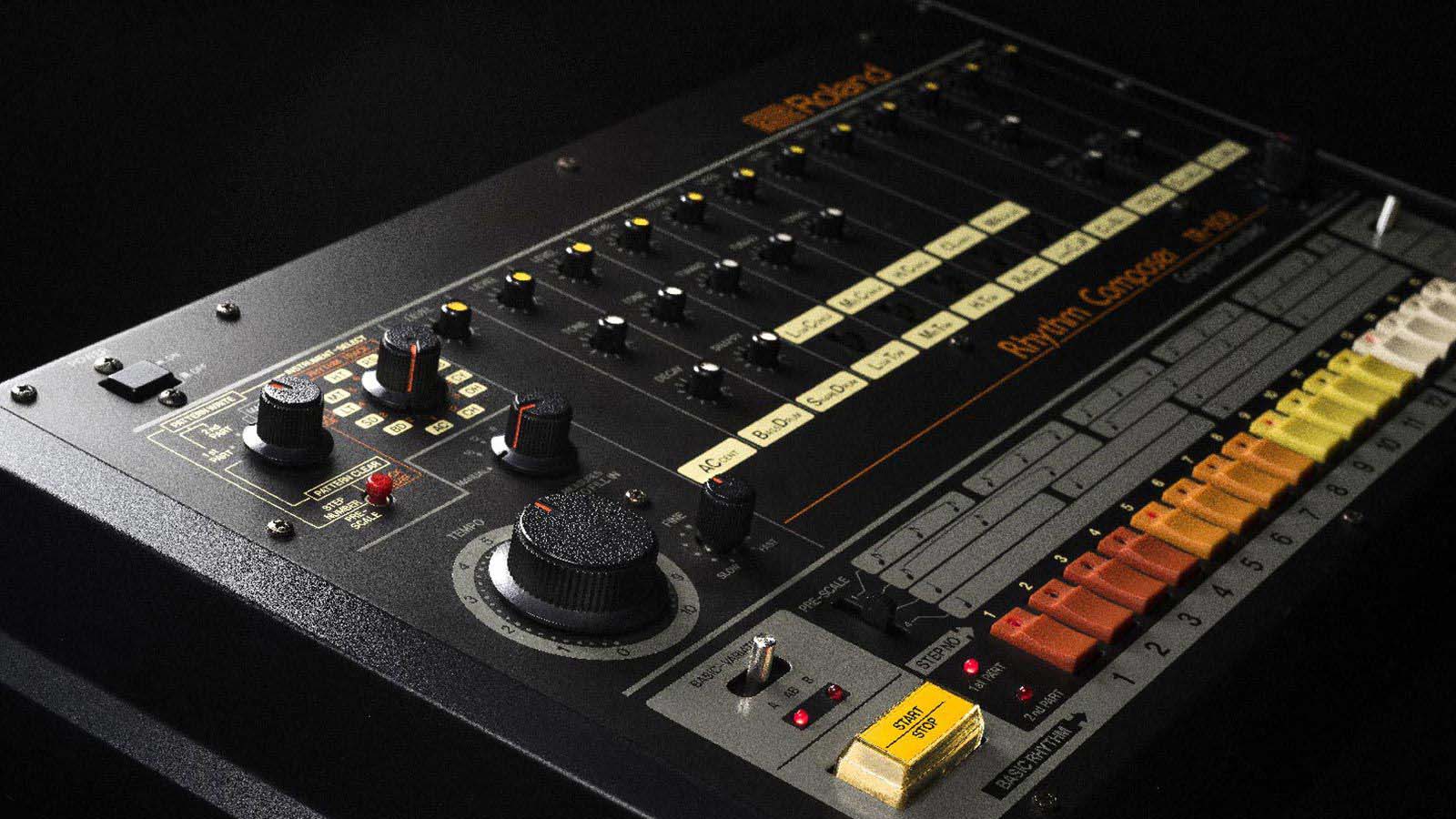With new technologies influencing the industry, it has never been easier for musicians to promote their work. However, musicians still face the challenge of selling their creative work and getting recognition. Gone are the days when we would go to the record shop to buy our favourite singer's latest album.
Today, we subscribe to music streaming services and watch music videos on YouTube. How can musicians make money in this saturated and ever-changing market?
Whether you're at the beginning of your career or a seasoned pro, there are many ways to promote yourself as a musician without hiring a manager or marketing agency. We show you the best way to promote your music without going broke.
1. Create a brand
You are a musician, but when it comes to music promotion, you are also an entrepreneur. That means you have to create a strong brand to stand out from the crowd.
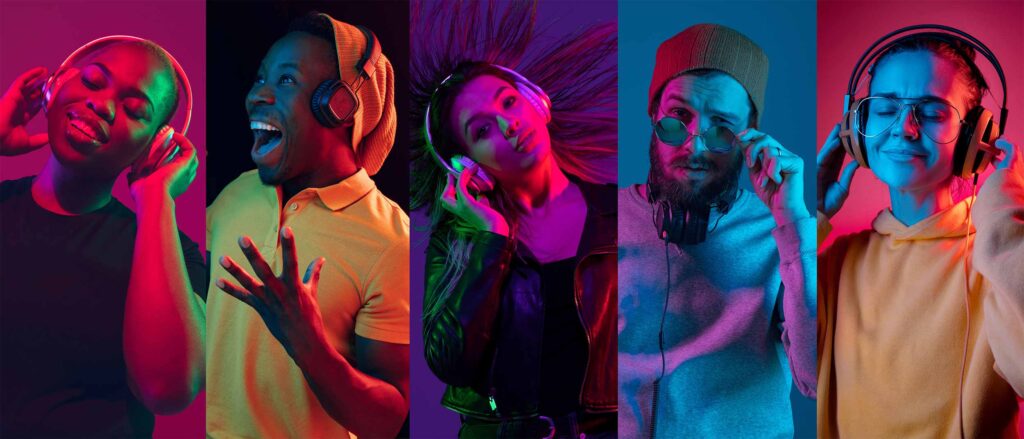
What does that mean? Imagine a famous singer you know, e.g. Beyonce. What is the first thing that comes to your mind? Maybe words like "extraordinary singer", but also "powerful", "empowered", "Queen Bey". All these elements together create a mental image or brand. Think about what you want your brand to look like from the beginning. It will be part of every piece of content you create and should remain consistent across all platforms and actions for successful music promotion.
Where should I start? Since musicians are creative people, you may be able to create your own brand without the help of a music promotion agency. Even if that's not your forte, there are tools that offer great templates to get you started.
Simple design tools like Fotor offer great templates that you can use as a starting point for designing your brand and logo. It can be as simple as your name in a certain font and colour scheme.
Consider your music genre when creating your brand. For example, a brand for a DJ might include bold lettering and a combination of black and pink or fluorescent blue (often seen on DJ controllers in clubs). A country singer might use more earthy colors and genre-related imagery.
Be sure to make a note of the fonts and colours you used so you can use them again in the future. This is also useful when making your own band merchandise, which we will talk about later.
2. Set up a website
A website is very important in your music promotion strategy. It is a very easy way to present your best content. Moreover, musicians' websites are very well received by concert bookers.
There are also some wonderful platforms like WordPress, WIX and Shopify, which offer customisable templates that you can use to create your own music marketing website. You should use your website to sell your music and highlight it on the homepage.
On your website, your fans can also see your upcoming shows and buy tickets. Even if you don't offer concerts, your music website should include your contact details or a contact form so that customers can easily book you for a private event.
When creating your website, pay attention to your branding and include your logo, fonts, colours and associated images.
3. Show a strong social media presence
Social media is the most important aspect of music promotion these days. Many people discover new music through Facebook and Instagram, so these are perfect platforms to promote your music.
Create accounts on Facebook, Instagram, Twitter and YouTube. This may seem like a lot of work, but you can post the same content on multiple platforms using tools like Coshedule or Hootsuite used. You can create a music video for YouTube, edit it together and post a 5-10 second preview on Instagram and Facebook, then tweet about your new release on Twitter with the link.
4. Build a fan base
If you're worried about growing your audience from scratch, you can try a trick by converting your existing personal accounts into your brand account. This way you keep all your existing followers.
This works on most platforms, except Facebook, which has strict guidelines for business pages. Make sure what you post is related to your brand. Change your profile picture to your logo and update your bio section describing your music and work. Don't forget to use relevant 1TP3 hashtags and emojis 🎧🎶🎸🎹.
5. Involve your fans
Build loyalty with existing fans before looking for new ones. Whether you have 5 or 500 followers, make them your biggest fans. Ask them to participate and engage. Try Instagram's "Ask a Question" option in your Story to get your fans' opinions on things like naming your songs. Music promotion works best when all your fans participate.
6. Promote your music
Music promotion does not work without advertising, of course.
You can promote your next show or album by winning tickets or a free signed merchandise package. Try streaming some scenes live before the show to promote.
Paid advertising is another cost-effective way to promote your music. For just 10 $, you can boost your Facebook or Instagram posts to reach the right audience. Target your music promotion campaigns to people who are already interested in your genre.
7. Music streaming platforms
In addition to social media, you should also be present on platforms like Spotify or Soundcloud. Not only are these platforms great for promoting and selling your music, but you can also get feedback and see how your fans react to your songs.
Before you choose a platform, you should consider which one fits your genre and where your fans might be. For example, if you make electronic or house music, Soundcloud is the most suitable platform. Also consider the features and price of each platform before deciding.
8. Document everything
Video marketing is everything in music promotion these days. Everyone is obsessed with learning more about you as an artist, and there's no better way to share that information with your fans than through videos on social media platforms. It can be a mix of non-musical and musical content, just document every step of your journey with a video recording.
You don't need to hire your own cameraman or editing team. Just record with your phone and follow these tips and tricks to get better footage.
If you don't have any ideas, here are a few topics for music vlogs to help you get started in music promotion:
- Fun facts about you or how your band came to be
- The true meaning behind your lyrics
- A music video for your song
- Your favourite things or habits or even what you had for breakfast.
- Teach us how to play a song (tutorial)
- Behind-the-scenes recordings (in a recording studio or backstage)
- A recording of your show
- Versions of other songs and mashups
9. Work with other well-known artists
Part of your music promotion strategy should be to collaborate with other artists who are important in your industry. Contact music influencers in your genre and ask them to collaborate on a track.
Even if it's just a friend, by collaborating with a few artists you can cross-promote on a small scale, be present on each other's platforms and use each other's communities.
Another option is to contact certain music podcasts for an interview, to get a feature on a music blog or to play on a music blog. The possibilities are endless.
10. Remember tried and tested music marketing tactics.
Don't forget the traditional music promotion techniques that still work very well to promote a song or band. For example:
- Ask if you can drop off flyers or posters at a music shop in your town or neighbourhood.
- Send email newsletters to your fans with upcoming tour dates and upcoming music releases.
- Create and sell band merchandise like t-shirts - it's free advertising when your fans wear them! Fans wear them! You can also add posters, stickers, phone cases, music lesson videos and more.
- You can also sell signed physical CDs and vinyl, people still buy them! Annual sales of records in the US have increased 15-fold in the last 12 years.
